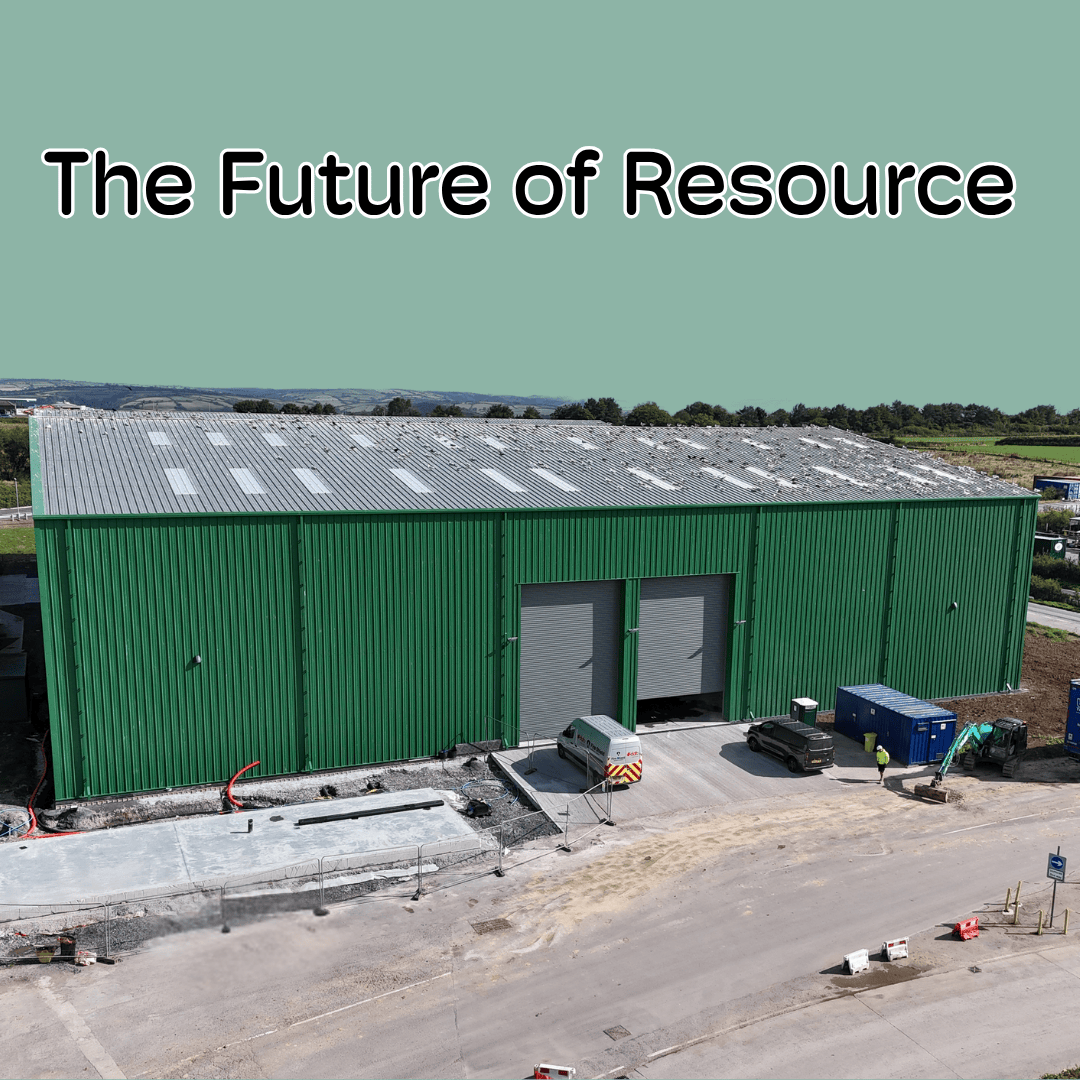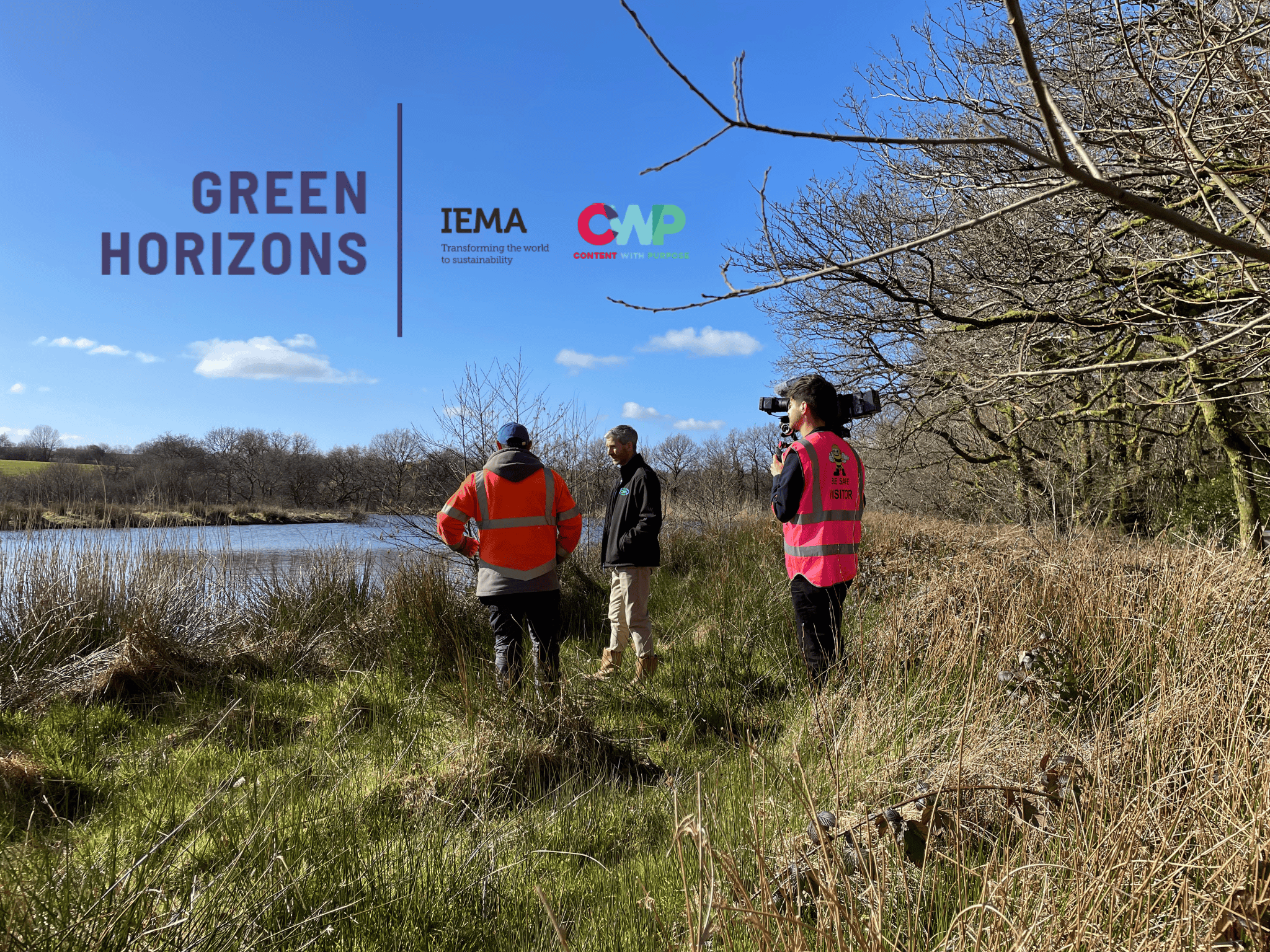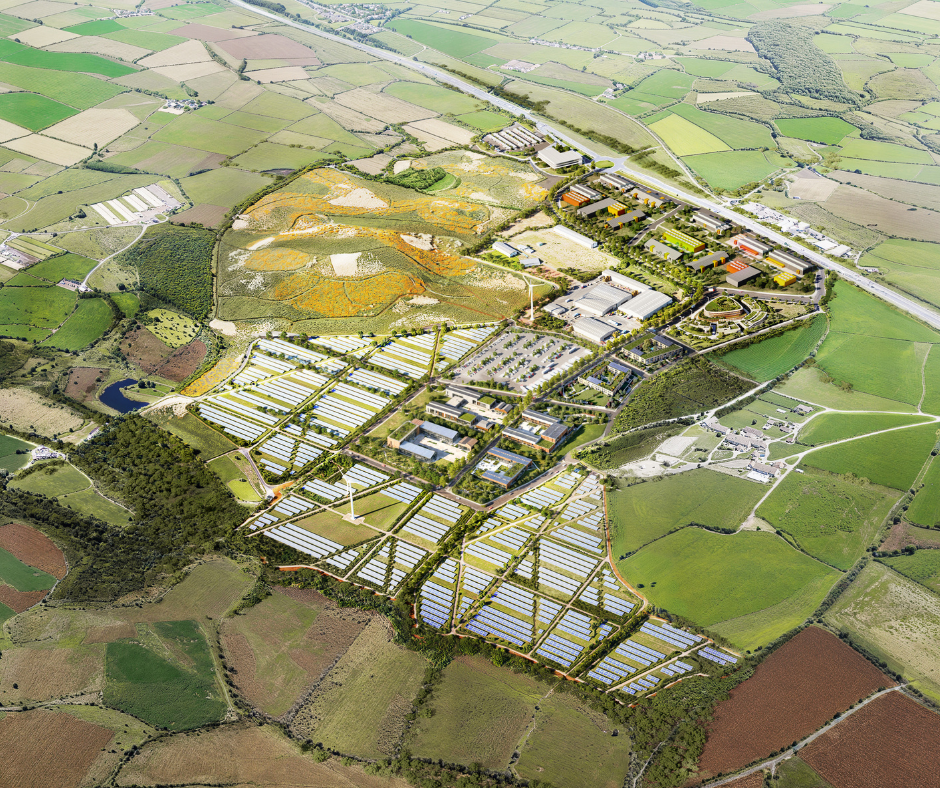A key aspect of creating a circular economy is ensuring that products are designed for longevity and can be reused or recycled at the end of their useful life. High-value reuse and recycling not only benefit the environment but can also provide job opportunities for a future economy.
When products are designed with reuse and recycling in mind, their lifespan can be extended. For example, a glass bottle can be reused multiple times before being recycled, reducing the need for new bottles to be produced. This not only reduces waste but also saves resources and energy.

Creating jobs through high-value recycling
According to a report by the Ellen MacArthur Foundation, designing products for the circular economy could create up to 100,000 new jobs in the UK alone by 2030. This is because the circular economy requires new systems and infrastructure for the collection, sorting and processing of waste. In addition, remanufacturing, repair and refurbishment activities can create jobs in areas such as engineering, design and customer service.
High-value recycling, which involves separating and processing materials to create high-quality secondary raw materials can also provide economic benefits. For example, recycled aluminium uses 95% less energy than producing new aluminium from raw materials, making it a more cost-effective option. In addition, the recycling industry can create jobs in areas such as waste management, logistics and engineering.
Reducing harmful greenhouse gases
Another benefit of high-value reuse and recycling is the reduction in greenhouse gas emissions. According to the same report by the Ellen MacArthur Foundation, a circular economy could reduce global greenhouse gas emissions by 48% by 2050 compared to a linear economy.
In conclusion, creating a circular economy through high-value reuse and recycling can provide numerous benefits, including job creation and environmental sustainability. By designing products with reuse and recycling in mind and investing in the necessary infrastructure and systems, we can create a more sustainable future for ourselves and future generations.
Our latest posts
-
Nantycaws Resource Recovery Facility Enters Key Phase in Circular Economy Infrastructure Development
The Nantycaws Resource Recycling Facility (RRF) has reached an exciting new phase. The first phase of the build is now complete, marking significant progress in the creation of one of Wales' most advanced pieces of circular economy infrastructure.
-
CWM Environmental Featured in IEMA’s Green Horizons: A Workforce Fit for Tomorrow
CWM Environmental is proud to be a featured partner in Green Horizons: A Workforce Fit for Tomorrow, an inspiring digital series created by the Institute of Environmental Management and Assessment (IEMA) in collaboration with Content With Purpose.
-
CWM Gwyrdd: The UK's Largest Circular Economy Park
CWM Gwyrdd Nantycaws is Wales's most ambitious circular economy development, combining large-scale green infrastructure with practical, community-rooted innovation.



